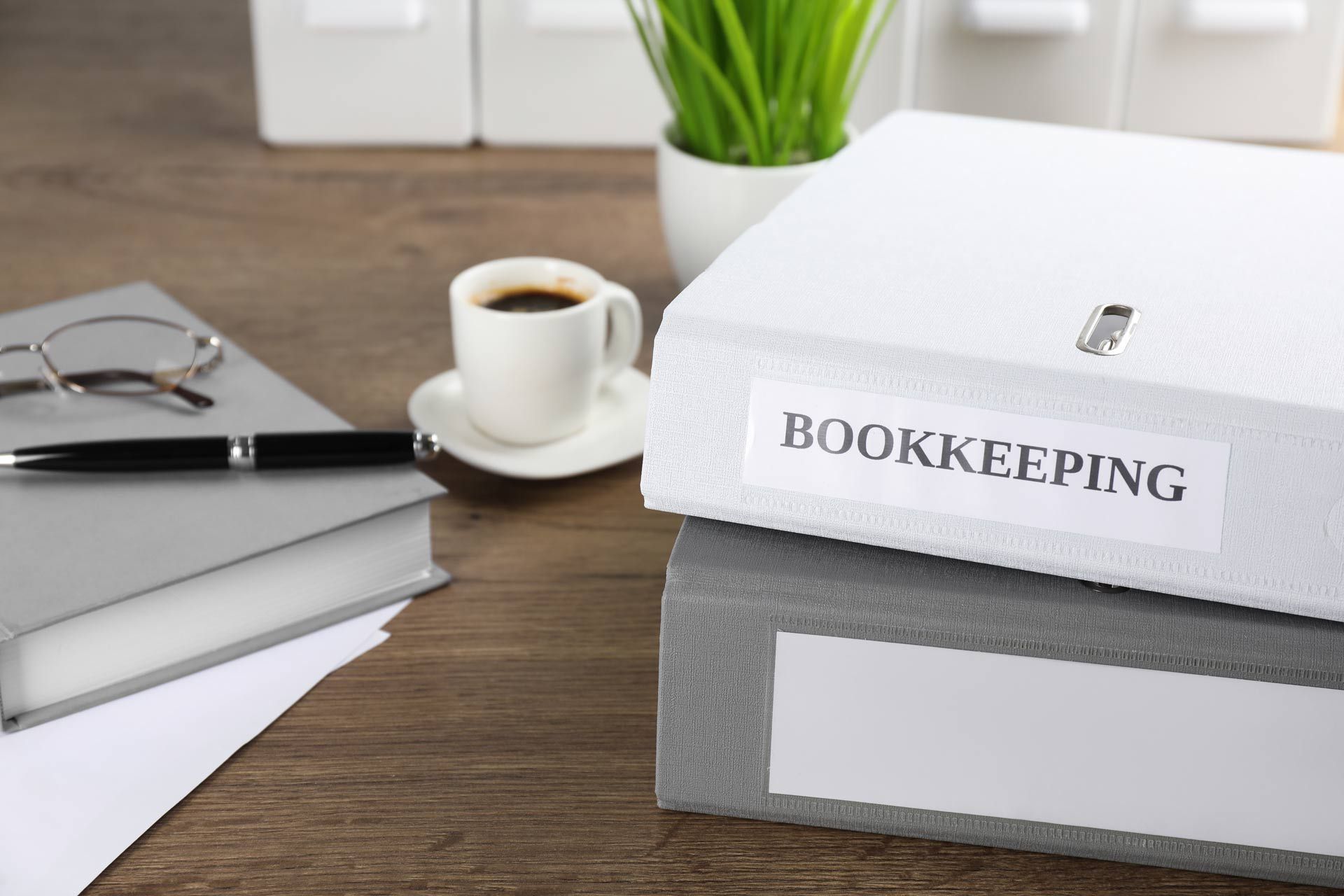The Synergy of Sustainability and Financial Acumen in Small Businesses
Introduction
In the intricate dance of commerce, the intersection of sustainability and financial acumen becomes a critical aspect for small businesses. This extended exploration delves deeper into the symbiotic relationship between meticulous bookkeeping and sustainable practices, unraveling the multifaceted layers that contribute to the long-term success of small enterprises.
Environmental Impact Analysis through Bookkeeping
Accurate bookkeeping extends its reach beyond profit margins and balance sheets. It acts as a lens through which businesses can analyze the environmental impact of their financial decisions. By categorizing and tracking expenses related to sustainability initiatives, companies gain insights into their ecological footprint, fostering a more responsible and environmentally conscious business ethos.
Ethical Financial Transactions
In the era of heightened corporate accountability, businesses are increasingly expected to conduct financial transactions ethically. Here, accurate bookkeeping emerges as a stalwart companion, ensuring that every financial transaction aligns with ethical standards and principles. This alignment not only enhances the company's reputation but also nurtures a culture of integrity within the organization.
Social Responsibility and Resource Allocation
The nexus between bookkeeping and social responsibility goes beyond the ledger. Precise financial records enable businesses to allocate resources to social initiatives effectively. Whether it's contributing to community projects, supporting charitable causes, or investing in employee well-being, accurate bookkeeping becomes the compass guiding businesses towards financial responsibility and social impact.
Tax Efficiency as a Driver for Sustainability
Sustainable business practices often come hand in hand with tax incentives. Accurate bookkeeping ensures that businesses can leverage tax credits and deductions related to environmentally friendly initiatives. This not only promotes environmental sustainability but also enhances financial efficiency by optimizing tax obligations.
Monitoring and Reporting Key Sustainability Metrics
As sustainability climbs the corporate agenda, accurate bookkeeping becomes the cornerstone for monitoring and reporting key sustainability metrics. From reducing carbon footprints to managing waste responsibly, businesses can leverage financial data to provide transparent and verifiable evidence of their commitment to sustainable practices.
Aligning Financial and Sustainability Goals
Small businesses can no longer view financial and sustainability goals in isolation. Accurate bookkeeping allows for the seamless integration of these objectives, ensuring that every financial decision aligns with the long-term environmental and social impact the business aspires to achieve. This alignment fosters a holistic approach to success.
Financial Transparency for Stakeholder Relations
In an era where stakeholders demand transparency, accurate bookkeeping emerges as a tool for effective communication. Businesses can use financial records to articulate their commitment to sustainability, building trust and fostering positive relationships with customers, investors, and the broader community.
Sustainable Supply Chain Management through Financial Records
The sustainability journey extends into the supply chain, and bookkeeping plays a crucial role in ensuring responsible sourcing. Small businesses can utilize accurate financial records to assess the environmental and ethical practices of their suppliers, contributing to a sustainable and ethically sound supply chain.
Innovations in Green Technologies and Financial Tracking
The embrace of green technologies is a hallmark of sustainable business practices. Accurate bookkeeping allows businesses to track expenditures related to adopting these technologies, facilitating innovation while maintaining financial discipline. This synergy ensures that sustainability is not just a goal but an integrated part of technological advancement.
Disaster Preparedness and the Resilience of Finances
As businesses navigate an unpredictable world, disaster preparedness becomes a key facet of sustainability. Accurate bookkeeping enables businesses to allocate resources for disaster recovery, contributing to financial resilience. This strategic foresight ensures the ability to bounce back from unexpected challenges, aligning with the core principles of sustainability.
Employee Morale and Corporate Social Responsibility Funding
Employees are increasingly drawn to companies with a strong sense of purpose. Accurate bookkeeping allows businesses to allocate resources to corporate social responsibility initiatives, contributing to a positive corporate culture. This investment in ethical practices not only enhances employee morale but also attracts and retains top talent.
Integrating Sustainable Metrics into Performance Evaluations
Performance evaluations can no longer be solely based on financial metrics. Accurate bookkeeping facilitates the integration of sustainable metrics into these evaluations. By recognizing and rewarding employees based on their contributions to environmental and social objectives, businesses foster a sense of shared responsibility and purpose.
Collaboration with Regulatory Bodies for Sustainable Practices
Accurate financial records are a passport for businesses seeking collaboration with regulatory bodies focused on sustainability. By demonstrating compliance with environmental regulations through precise bookkeeping, businesses position themselves as allies in the larger mission of promoting sustainable practices.
Conclusion: The Harmonious Symphony of Sustainability and Financial Prudence
In conclusion, the intertwining of accurate bookkeeping with sustainable practices creates a harmonious symphony that resonates with the essence of modern small businesses. From environmental impact analysis to social responsibility, tax efficiency, and employee morale, meticulous financial records serve as the conductor orchestrating a successful and sustainable business journey.
FAQs
1. How does accurate bookkeeping contribute to tax efficiency in sustainable practices?
Accurate bookkeeping ensures businesses can leverage tax credits and deductions related to environmentally friendly initiatives, promoting both sustainability and financial efficiency.
2. In what ways does accurate bookkeeping contribute to disaster preparedness in small businesses?
Accurate bookkeeping enables businesses to allocate resources for disaster recovery, contributing to financial resilience and the ability to bounce back from unexpected challenges.
3. How can small businesses integrate sustainability into their supply chain through financial records?
By assessing the environmental and ethical practices of suppliers through accurate financial records, businesses contribute to a sustainable and ethically sound supply chain.
4. Why is financial transparency important for stakeholder relations in sustainable business practices?
Financial transparency, facilitated by accurate bookkeeping, builds trust and fosters positive relationships with stakeholders, including customers, investors, and the broader community.
5. How can businesses integrate sustainable metrics into employee performance evaluations?
Accurate bookkeeping facilitates the integration of sustainable metrics into performance evaluations, recognizing and rewarding employees based on their contributions to environmental and social objectives.








